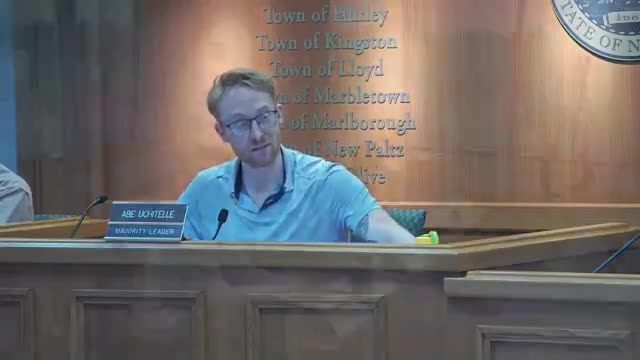Article not found
This article is no longer available. But don't worry—we've gathered other articles that discuss the same topic.
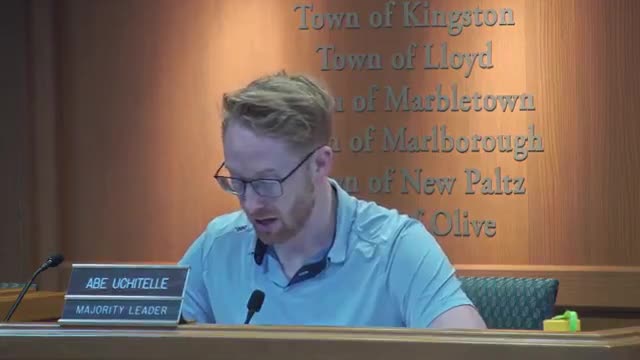
Ulster County extends watershed delegation agreement with NYC DEP while new five-year deal is negotiated
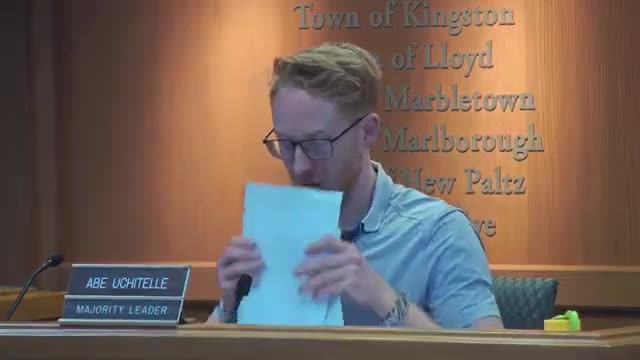
Ulster County sets public hearing to align local board-of-health rules with state law
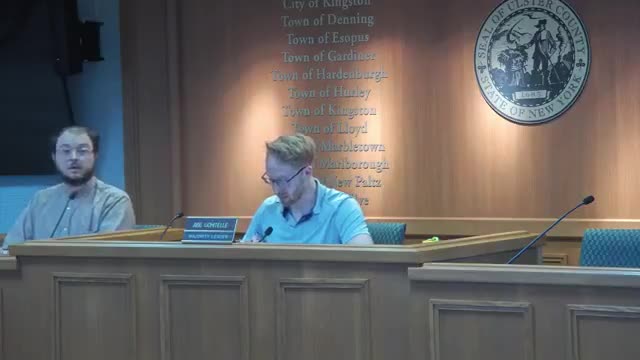
Ulster County withdraws field-test resolution; approves contract for facility-based drug testing
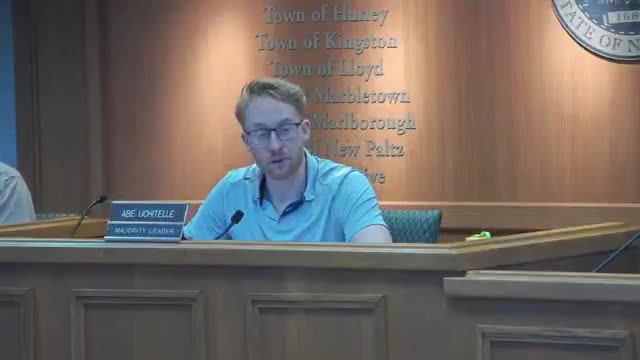
Ulster County approves two contracts for Family of Woodstock transitional living for runaway youth
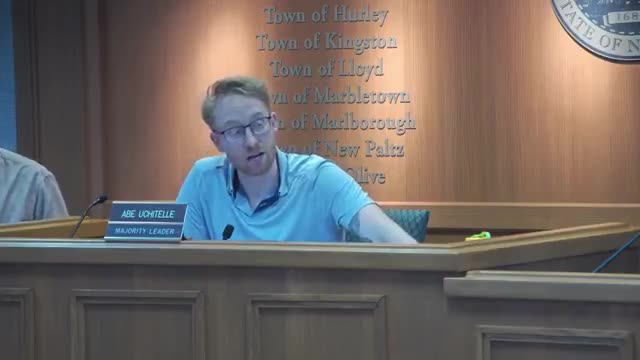
Ulster County moves to access state overdose data and funds recovery housing, using opioid settlement dollars
